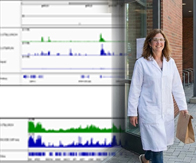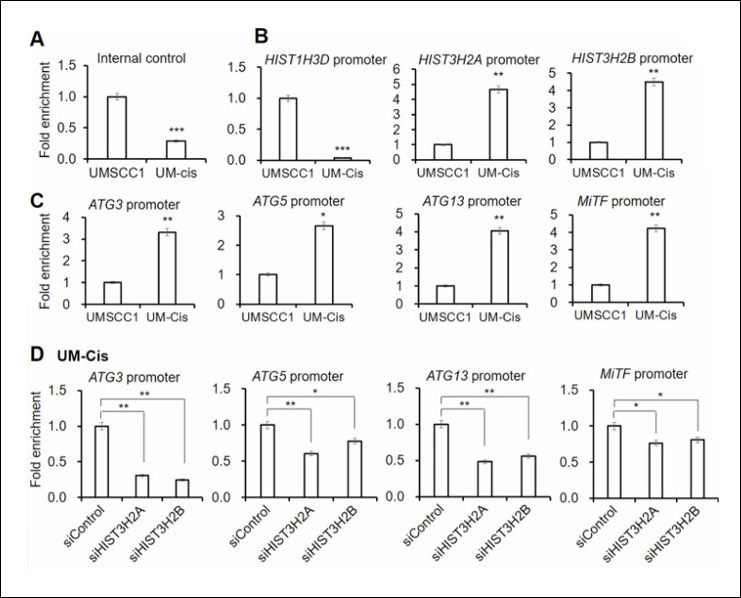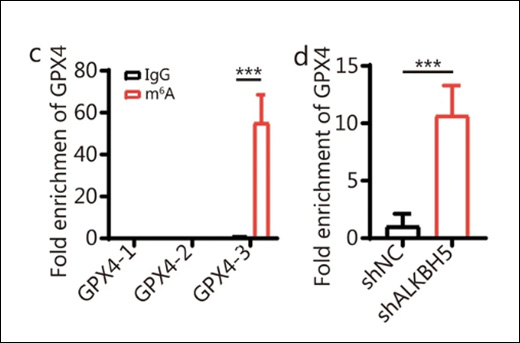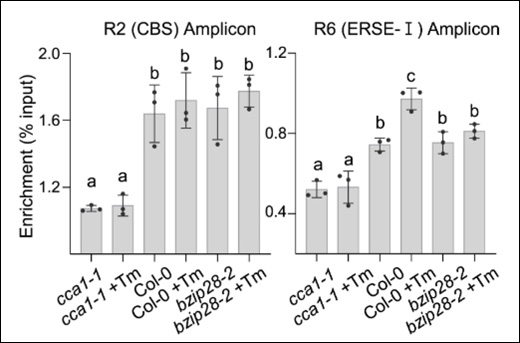Wang J et. al. (February 2025). Targeted Delivery of α-ketoglutarate to Macrophages in Bone: A Novel Therapeutic Strategy for Improving Fracture Healing in Type 2 Diabetes Adv Sci (Weinh). :e2415667.
This study investigates the role of macrophage glutaminolysis in fracture healing and explores a novel therapeutic approach for type 2 diabetes-associated bone repair defects. The findings reveal that reduced glutaminase expression in macrophages lowers α-ketoglutarate (α-KG) levels, leading to impaired BMP2 production and hindered osteogenic differentiation. Targeted α-KG delivery to bone macrophages significantly improves fracture healing, highlighting a potential treatment strategy for diabetic patients.
Products Used: EpiQuik Nuclear Extraction Kit, FitAmp Blood and Cultured Cell DNA Extraction Kit, MethylFlash Global DNA Methylation (5-mC) ELISA Easy Kit (Colorimetric), MethylFlash Global DNA Hydroxymethylation (5-hmC) ELISA Easy Kit (Colorimetric), Epigenase 5mC-Hydroxylase TET Activity/Inhibition Assay Kit (Colorimetric)
Li D et. al. (March 2025). MAZ-mediated N6-methyladenosine modification of ZEB1 promotes hepatocellular carcinoma progression by regulating METTL3 J Transl Med. 23(1):265.
This study explores the role of MAZ in hepatocellular carcinoma (HCC) progression through m6A methylation. The findings reveal that MAZ upregulates METTL3, promoting m6A modification of ZEB1, which enhances epithelial-mesenchymal transition and tumor progression. These insights suggest that MAZ, METTL3, and ZEB1 could serve as potential biomarkers and therapeutic targets for HCC.
Products Used: Epigenase m6A Methylase Activity/Inhibition Assay Kit (Colorimetric)
Elsayed MA et. al. (March 2025). Protective Effects of Galangin Against Cyclophosphamide-Induced Cardiotoxicity via Suppressing NF-κB and Improving Mitochondrial Biogenesis J Biochem Mol Toxicol. 39(3):e70193.
This study examines the protective effects of galangin (Gal) against cyclophosphamide-induced cardiotoxicity, focusing on its role in mitochondrial biogenesis and oxidative stress regulation. The findings suggest that Gal mitigates cardiac damage by suppressing NF-κB-mediated inflammation and enhancing the SIRT1/Nrf2/SIRT3/PGC-1α/TFAM pathway, which improves mitochondrial function. These results highlight Gal as a potential therapeutic agent for reducing chemotherapy-induced heart toxicity.
Products Used: EpiQuik Nuclear Extraction Kit II (Nucleic Acid-Free)




 Cart (0)
Cart (0)













